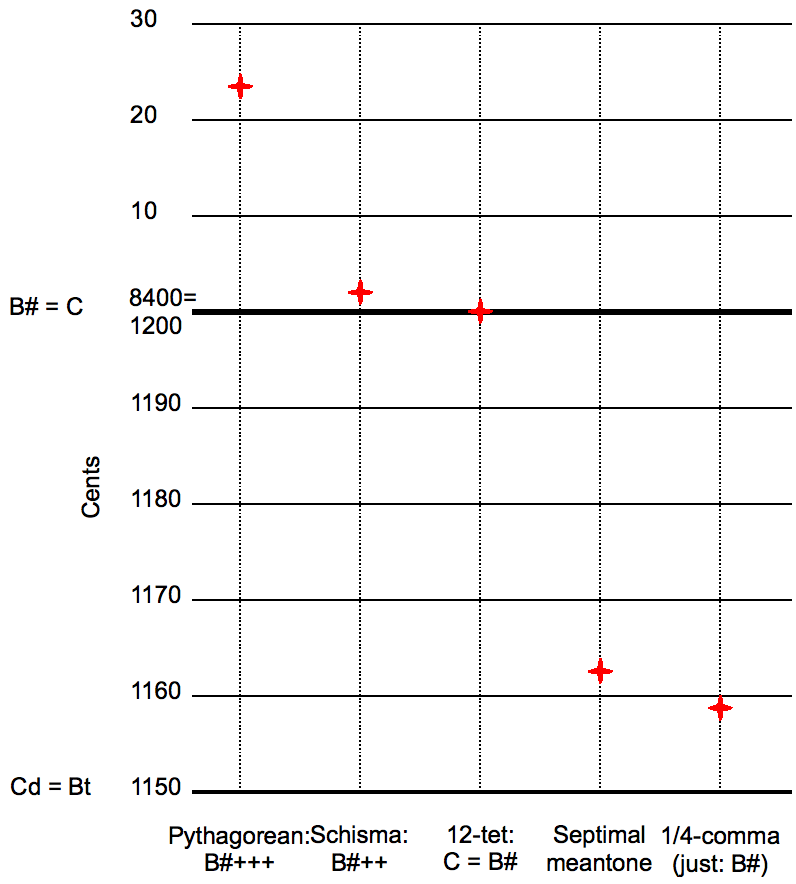Multicore
Major Contributor
- Joined
- Dec 6, 2021
- Messages
- 1,788
- Likes
- 1,964
Afaict, what's conventionally called music theory neither explains nor predicts anything. It is a language for describing certain aspects of music, usually to do with pitch relationships and rhythms. It it certainly a language that's useful to people dealing with music but to someone like me with scientific training, a career in engineering and in interest in philosophy, including the philosophy of science, I have a notion of what qualifies as a theory, i.e. that whatever-it-is has to successfully at least explain observations. The theories I admire most have predicted observations that were later confirmed. Does music theory do either?


